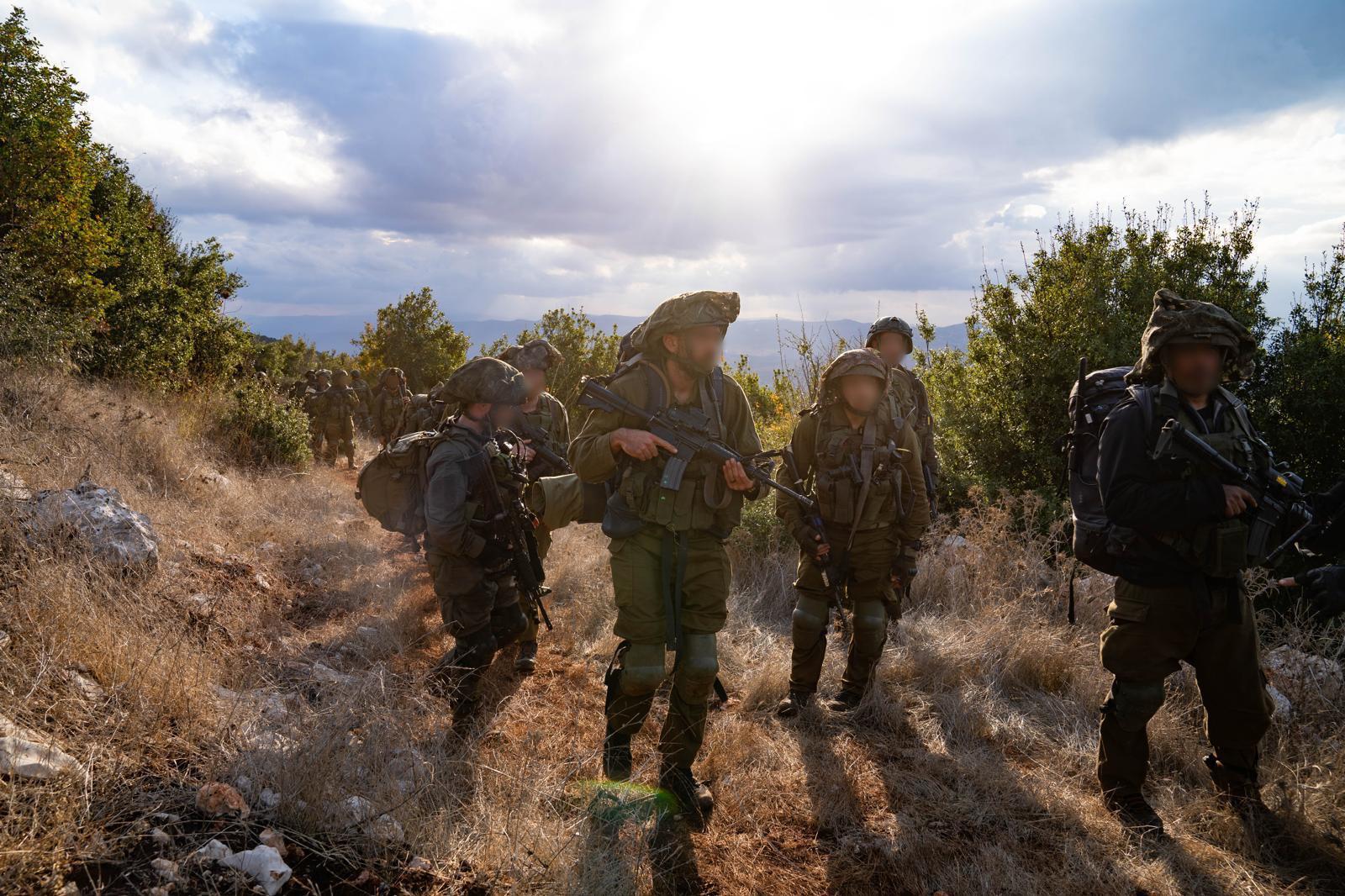A year of war, IDF summarises operations and future combat plans
IDF Ground Forces reflect on a year of combat and plan for future conflicts
Senior Israeli Defense Forces (IDF) officials are preparing for potential multi-front warfare, focusing on strengthening border defenses, increasing combat engineering capabilities, and reducing reliance on the Air Force through enhanced drone capabilities. These measures come in response to lessons learned during the past year of combat, especially the large-scale fighting in Gaza and northern Israel.

The IDF Ground Forces Command held a briefing on Thursday, reviewing their operations in Gaza and northern Israel, highlighting both successes and challenges faced during combat against Hamas. Despite setbacks in the early stages of the operation, including difficulties adapting to the terrain and dealing with hidden terrorist cells, officials are focused on preparing for continued conflict, regardless of any potential hostage deals. The brief also noted that the military’s first large-scale maneuver in 17 years exposed gaps in operational mobility and firepower.
In the aftermath of the October 7 attacks, internal opposition to the ground invasion initially slowed progress, but IDF officials were quick to acknowledge the eventual success of their forces. Ground units such as the 252nd Division, which hadn't conducted maneuvers on this scale since the First Lebanon War, overcame initial challenges in Gaza, including neutralizing terrorists hiding in buildings and dealing with tunnel warfare.
While the IDF succeeded in weakening Hamas’ military capabilities, the declared objectives of the war—particularly the return of hostages and dismantling the group’s governing structure—have not been fully realized. The IDF highlighted the importance of combat engineering battalions, with plans to expand existing units, such as the elite Yahalom engineering unit, and purchase additional bulldozers to bolster ground operations.
Efforts to enhance territorial defense are also underway, with the IDF planning to establish new battalions focused on border security. A new tactical air defense battalion is being formed to protect ground forces from drone and UAV threats, reducing dependence on the Air Force. This shift will allow Israel's Air Force to concentrate on operations in more distant areas, such as Iran and Yemen.
The IDF also aims to address equipment gaps, with plans to upgrade armored brigades, improve firepower, and enhance operational mobility. The military’s procurement efforts have led to the acquisition of thousands of new drones, rifles, night-vision devices, and other essential gear.
Looking ahead, IDF officials anticipate a more coordinated, multi-front conflict involving Hamas, Hezbollah, and Iran, with increased reliance on ground-launched missiles and tunnels. As part of their rearmament, the IDF is focused on improving capabilities for rapid victories in short wars, ensuring that troops are better equipped to handle future threats.
Despite facing challenges, the Ground Forces Command expressed pride in the resilience and fighting spirit of its troops, particularly the reservists who have continued to serve under significant pressure. The IDF also noted high motivation levels among its soldiers, despite ongoing personnel gaps, particularly in the areas of combat and combat support troops.
In response to personnel shortages, the IDF is also working to increase ultra-Orthodox recruitment through tailored outreach and adjustments. The military remains focused on strengthening its forces in preparation for any future conflicts.